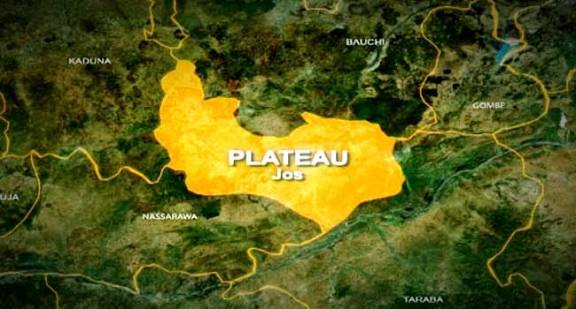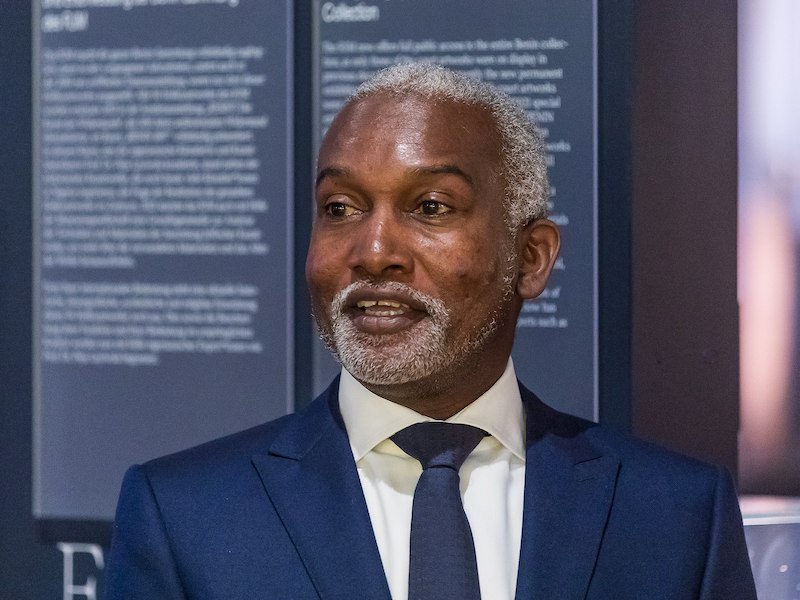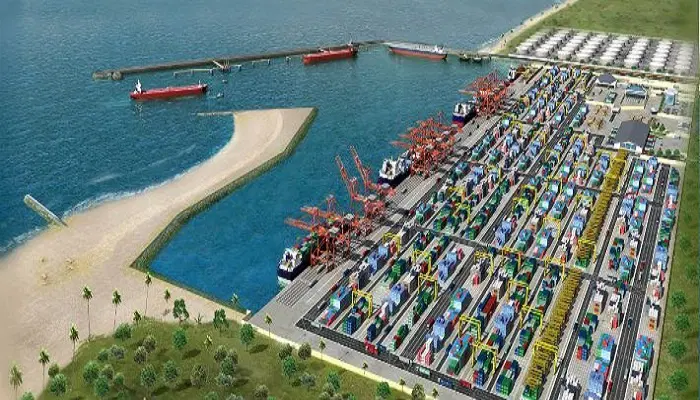Nigeria is set to deploy renewable energy with a $1.7 billion investment from the World Bank, African Development Bank, and a new $250 million facility from the International Finance Corporation.
The Rural Electrification Agency announced in Abuja on Wednesday that over 3,700 primary healthcare and agricultural facilities will be electrified under the new e-H.E.A.R.T. project.
At the REA workshop on “Energising Partnerships for Sustainable Energy Access and Innovation,” Minister of Power, Adebayo Adelabu revealed that €161 million is being invested to upgrade power substations under the Presidential Power Initiative.
This initiative is expected to add 150MW to the grid, impact 14 existing substations, and establish 21 new ones.
Earlier this year, Nigeria secured $750 million in financing from the World Bank and an additional $700 million from the African Development Bank.
The REA aims to raise a further $1.1 billion from the private sector through these existing funding initiatives.
Adelabu stated that the Distributed Access through Renewable Energy Scale-up program, with a $750 million commitment from the World Bank, will supply electricity to 13 million Nigerians.
“We have been tasked with a national call. Unlike many nations that focus solely on carbon emission reduction for environmental sustainability, we face the dual imperative of expanding energy access while transitioning to a low-carbon economy. This dual challenge has shaped our approach. It demands that we prioritise decentralised solutions, which are faster to deploy and more adaptable to the realities of unserved and underserved areas,” he said.
Managing Director of REA, Abba Aliyu, noted the national political commitment to promoting renewable energy for better electricity access.
He also pointed out that Renewable Energy Service Companies (RESCOs) are flourishing in the country, supported by private sector funding.
Meanwhile, Executive Director, Rural Electrification Fund, Doris Uboh, stated that the success of the e-HEART project depends on a comprehensive approach to identify, assess, and mitigate risks across technical, financial, social, operational, and regulatory aspects, along with the implementation of effective mitigation strategies.
She expressed concerns about risks to the project, particularly delayed funding, revenue shortfalls, and foreign exchange fluctuations, which could affect financial stability.
Uboh emphasized technical challenges such as system failures and poor design, as well as logistical delays and low energy utilization that could hinder project efficiency.
She also identified community resistance and lack of support as potential obstacles, alongside the possibility of policy changes or political instability adding uncertainty.
However, Uboh views the project as a game changer for powering communities through the Rural Electrification Fund.










